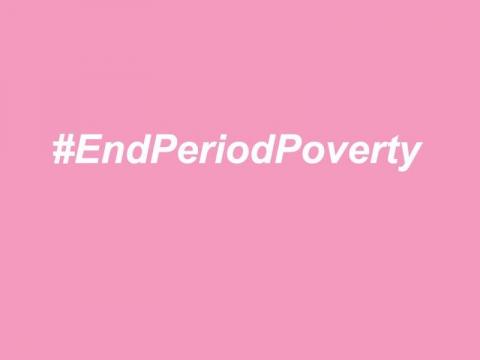
By Dawn Skinner, PSAC North NWT Regional Women’s Committee
Period poverty is a pervasive issue in Canada and yet many of us may ask what period poverty is.
In a nutshell, 'period poverty' refers to having a lack of access to sanitary products due to financial constraints. It has been called a great barrier to equality and low income, homeless and marginalized women bear the brunt of it.
The PSAC North NWT Women’s Committee has launched a campaign to help women and girls access essential sanitary products. Donating is the first step that will be followed by more upcoming actions. Donations, in the form of sanitary products, are being sent to the Day Shelter in Yellowknife and eleven schools throughout the Northwest Territories.
A 2018 survey from Plan Canada International revealed that nearly one-quarter (23 per cent) of Canadian women said they struggled to pay for menstrual products. Seventy per cent of women under 25 said they’ve missed school, work or social activities because of their period. It is estimated that Canadian women spend up to $6,000 in their lifetime on menstrual hygiene products. Northern and remote communities, where a box of tampons can sell for more than twice than what it would cost in a city, are hit particularly hard.
There can be detrimental health implications for unsanitary measures taken during menstruation. For example, women who use the same tampon for a prolonged duration of time can develop infections that lead to toxic shock syndrome, a potentially fatal condition. Furthermore, studies have found that unsanitary measures during menstruation can lead to an increase in lower reproductive tract infections
Everyone deserves equal access to sanitary products, regardless of their income. When you enter a public washroom, you do not pay for toilet paper. Likewise, it should be necessary for governments to provide subsidies for menstrual hygiene products not just because they are expensive, but because they are essential.
Public pressure and petitions to fund free, universal access to menstrual products in schools and public facilities have been affective. In June 2019, the city of Hamilton approved a pilot project to study the effectiveness of the initiative. Additionally, all 60 public school districts in British Columbia will make free menstrual products available to high school students by the end of 2019.
Should the NWT follow this example? The answer is yes.
